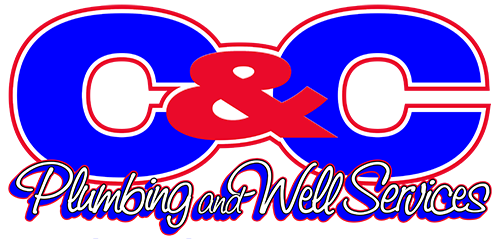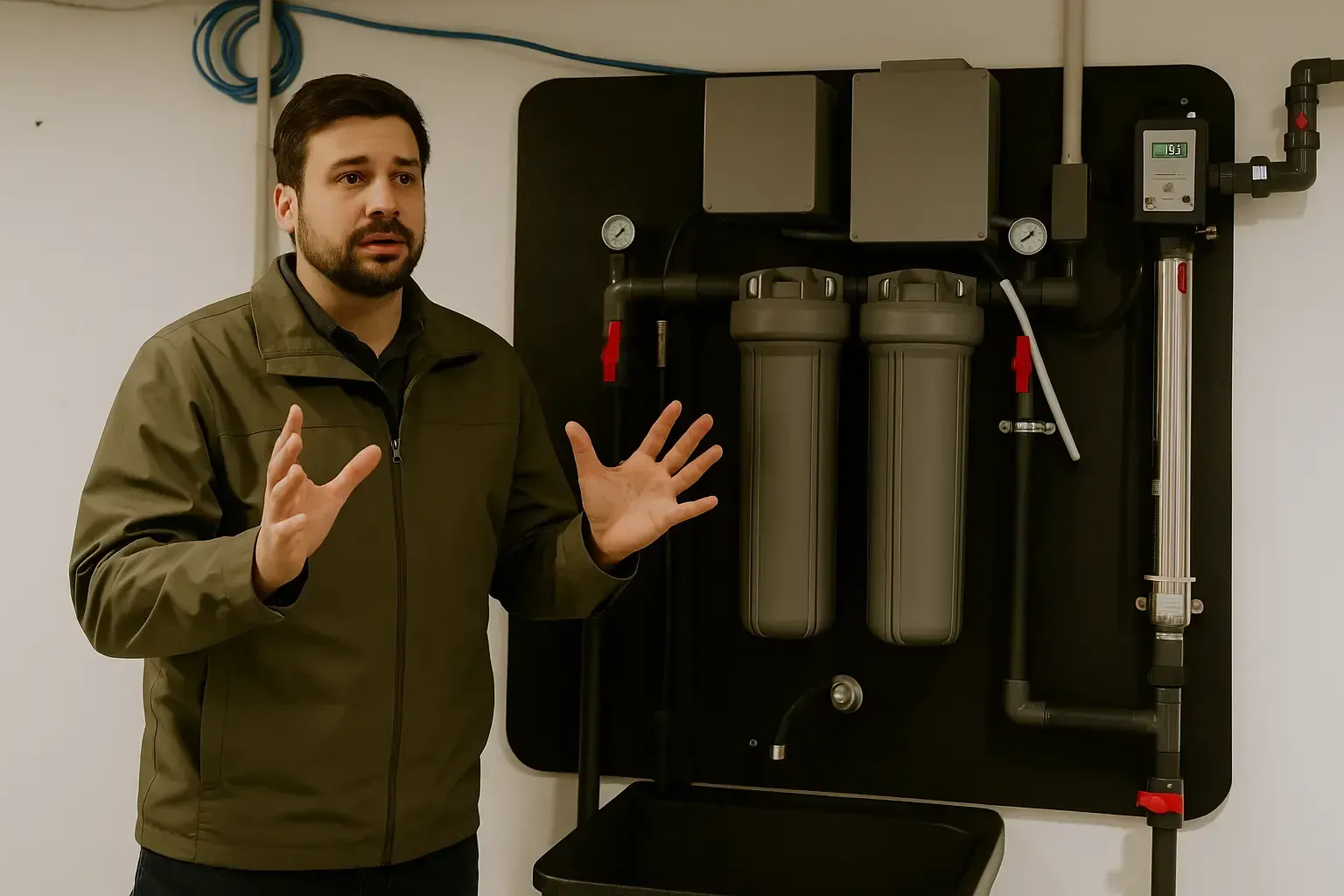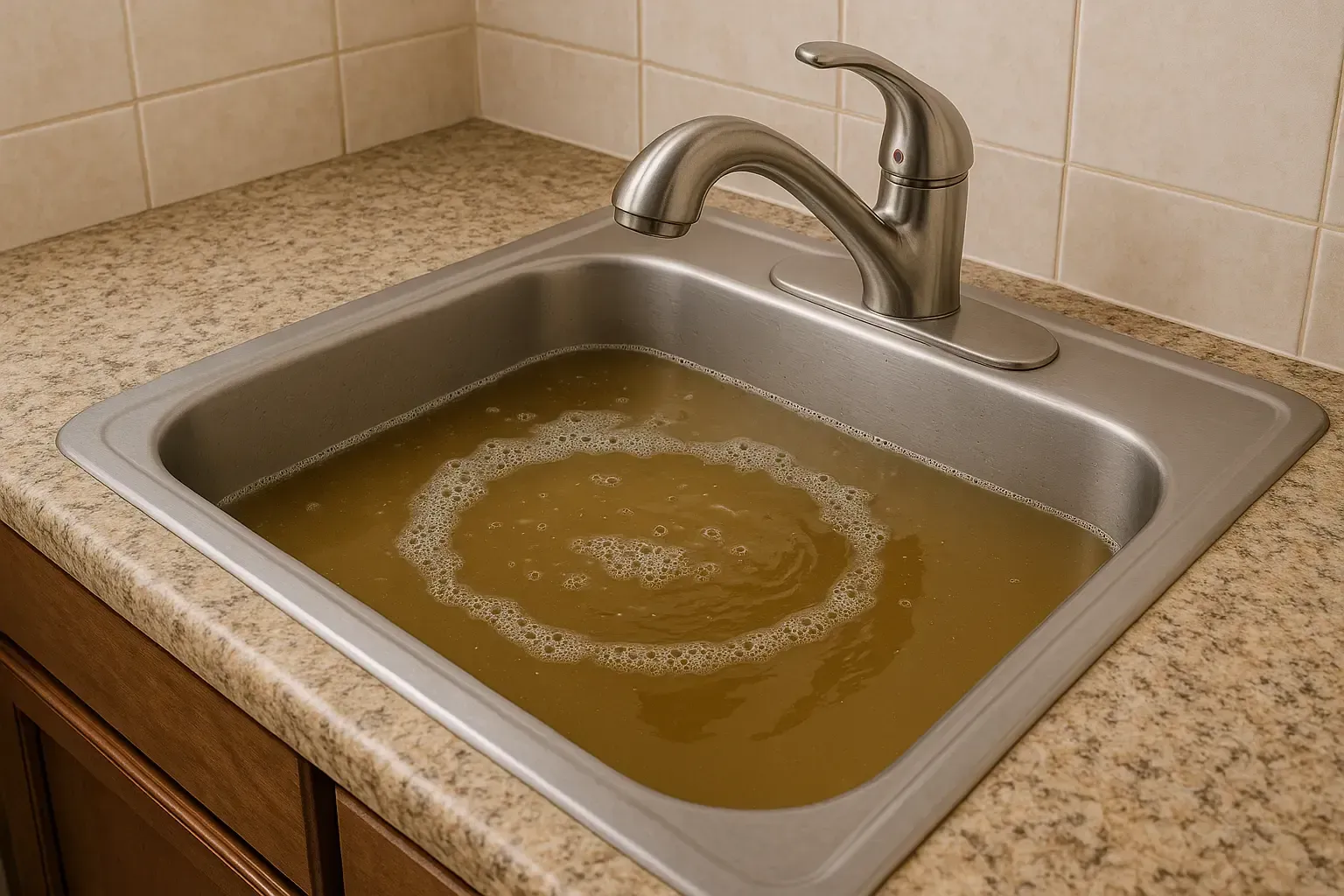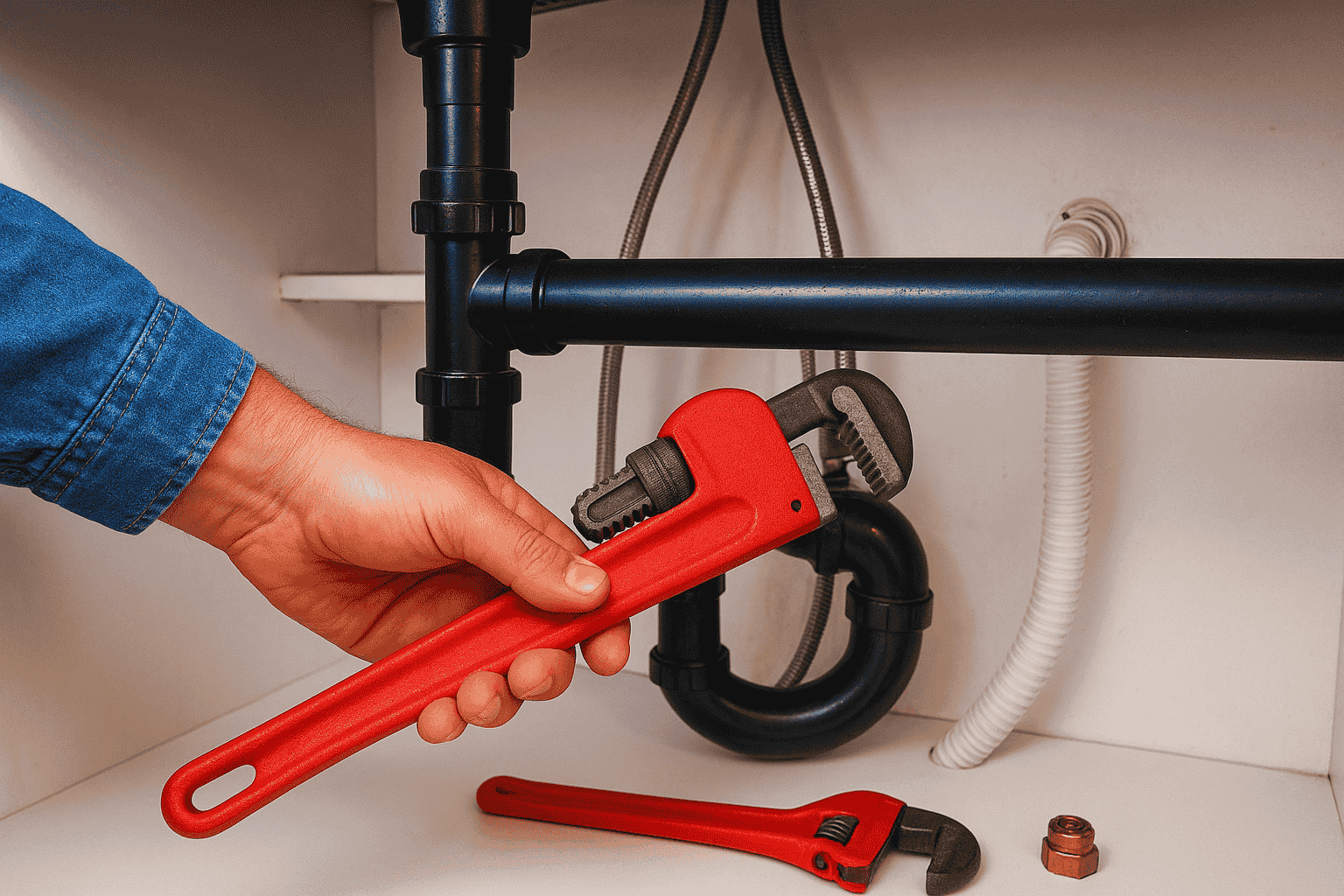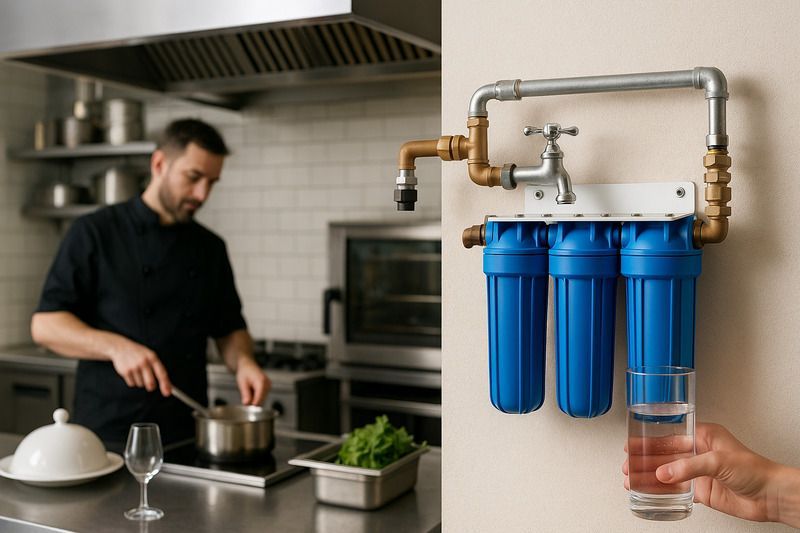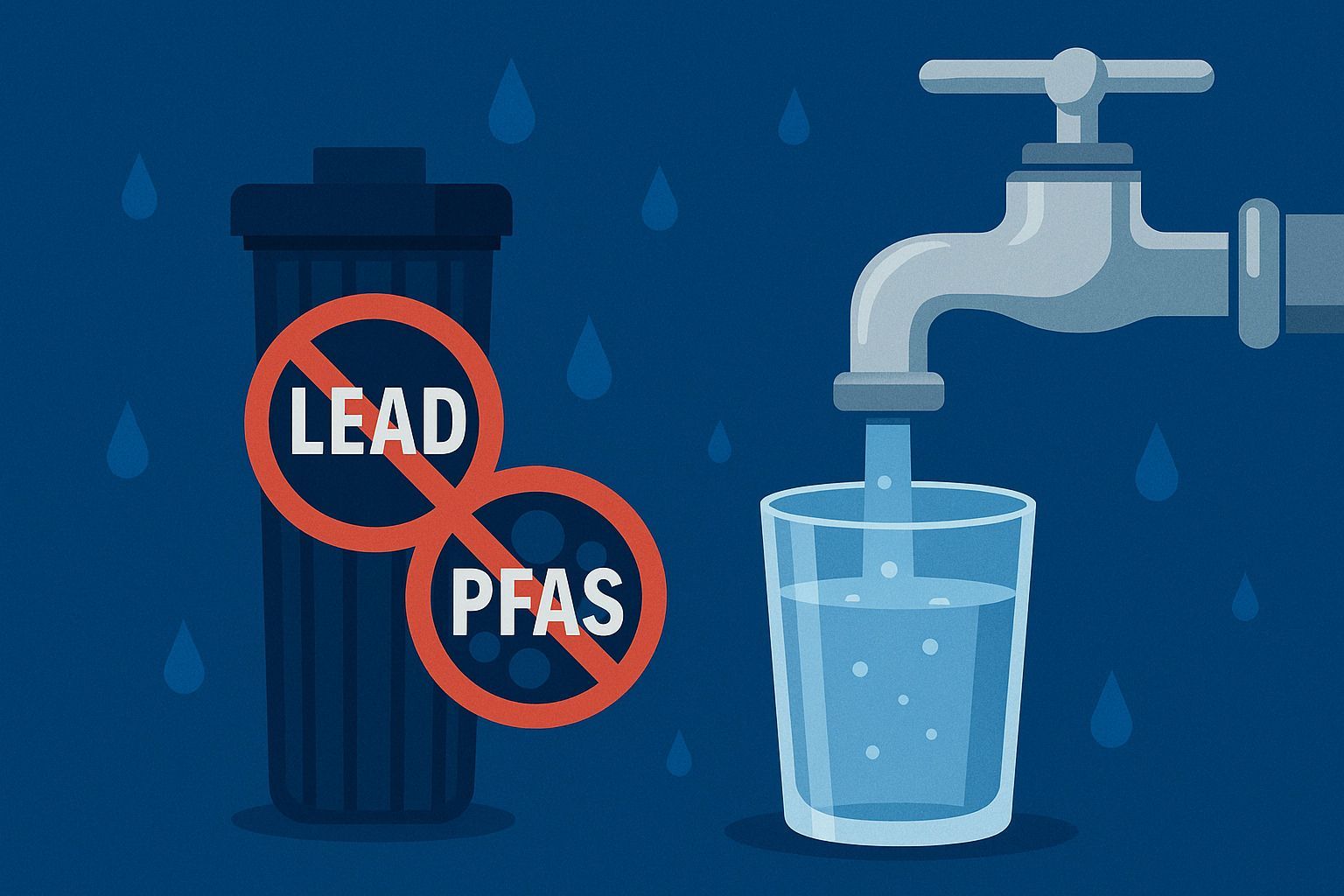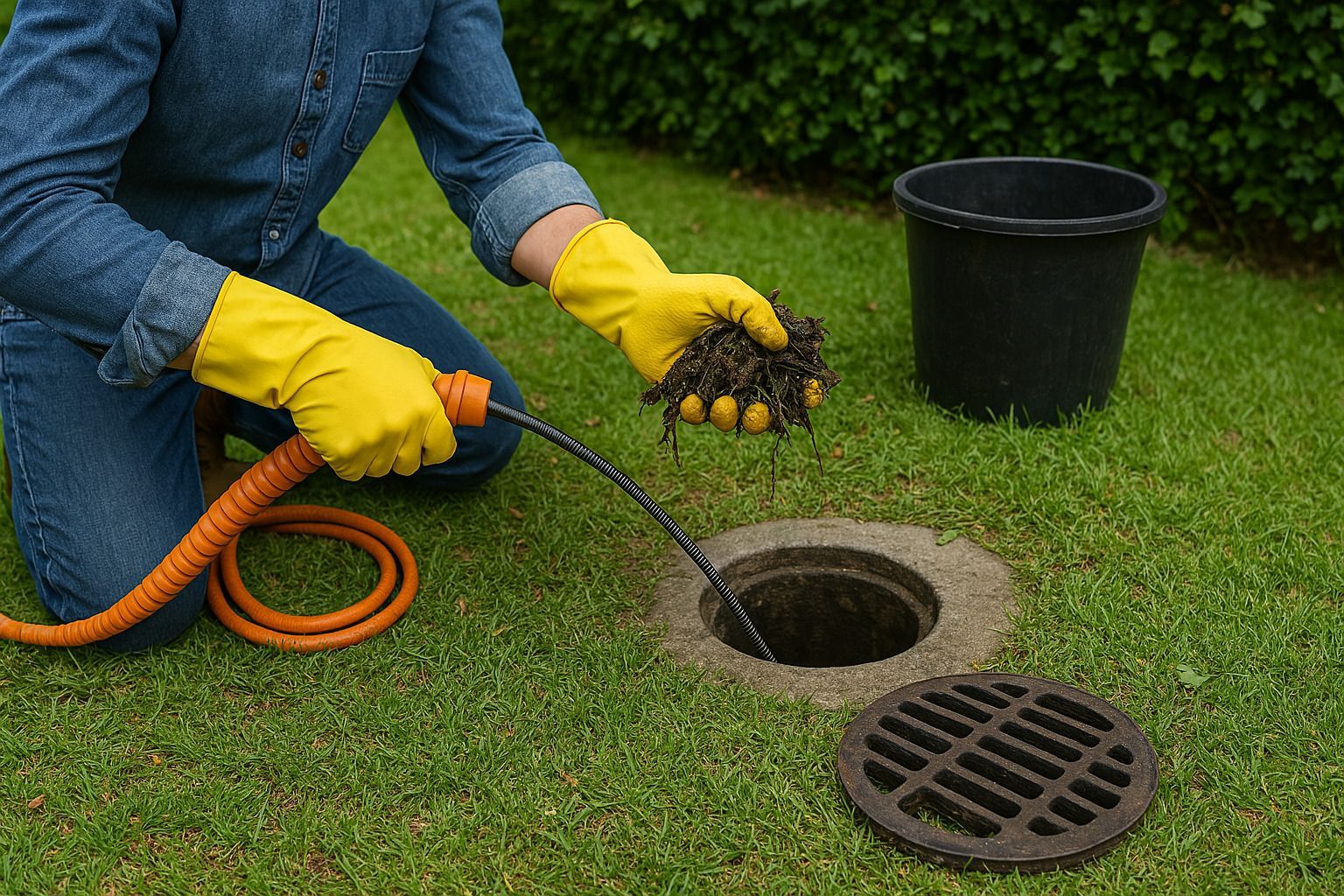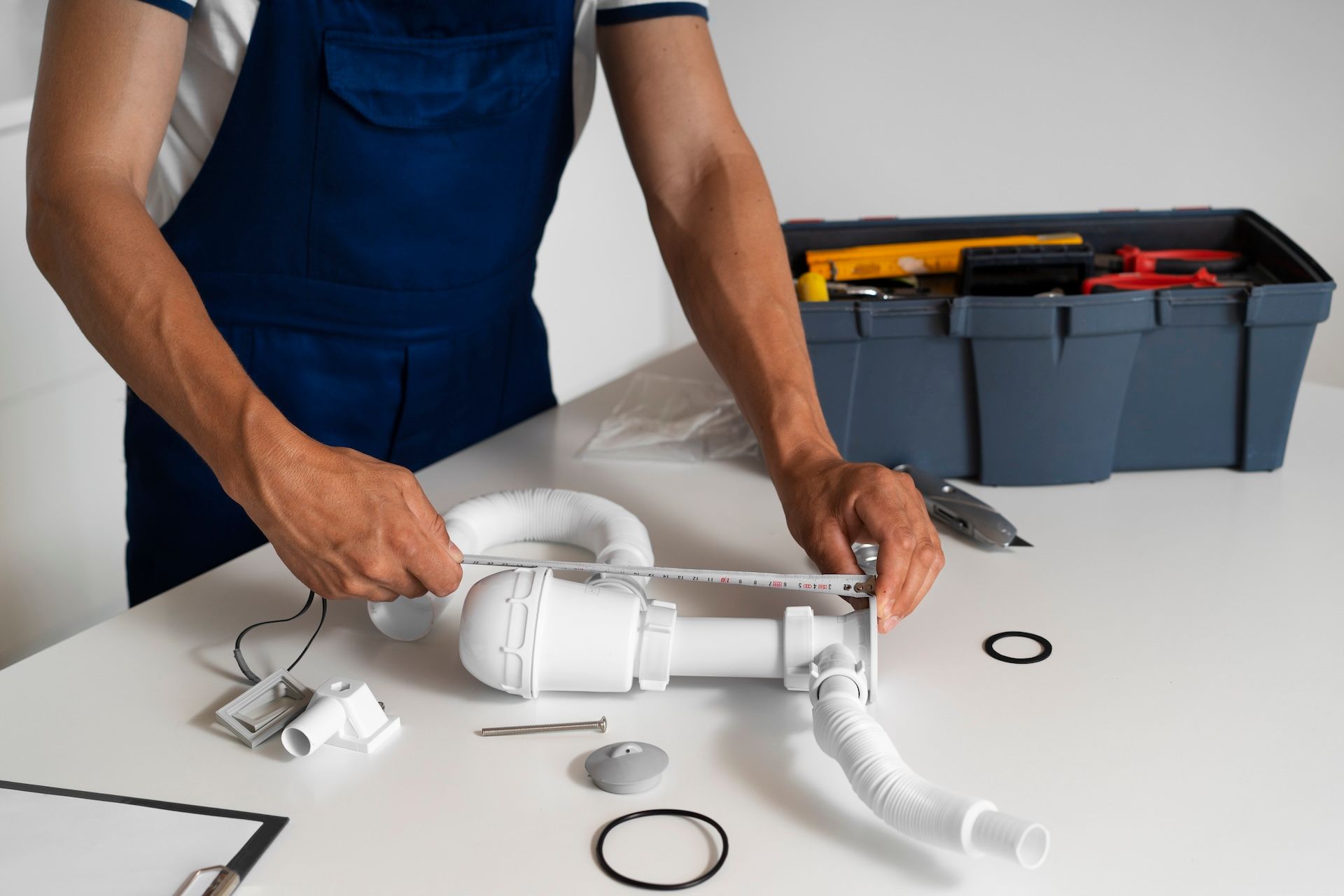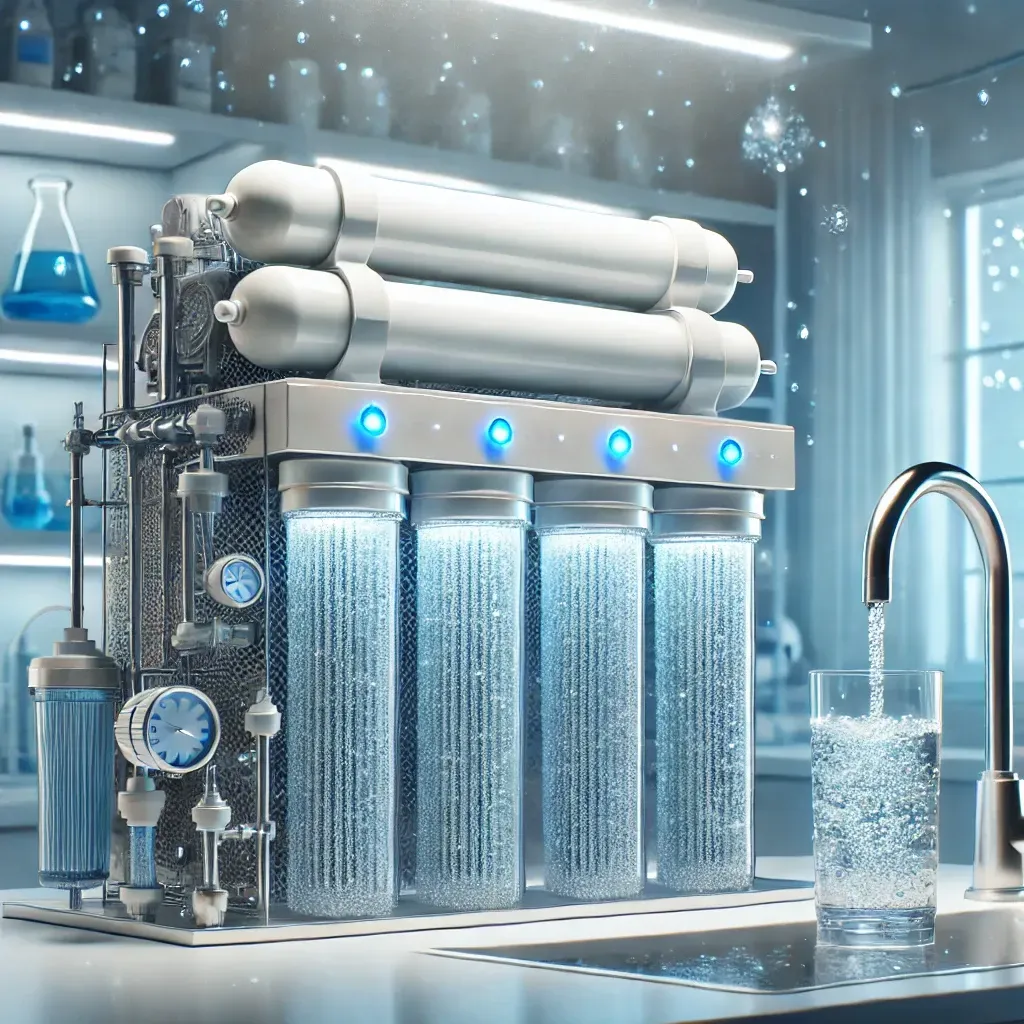Is Well Water Safe to Drink in Georgia?
Share this Post on Social Media!
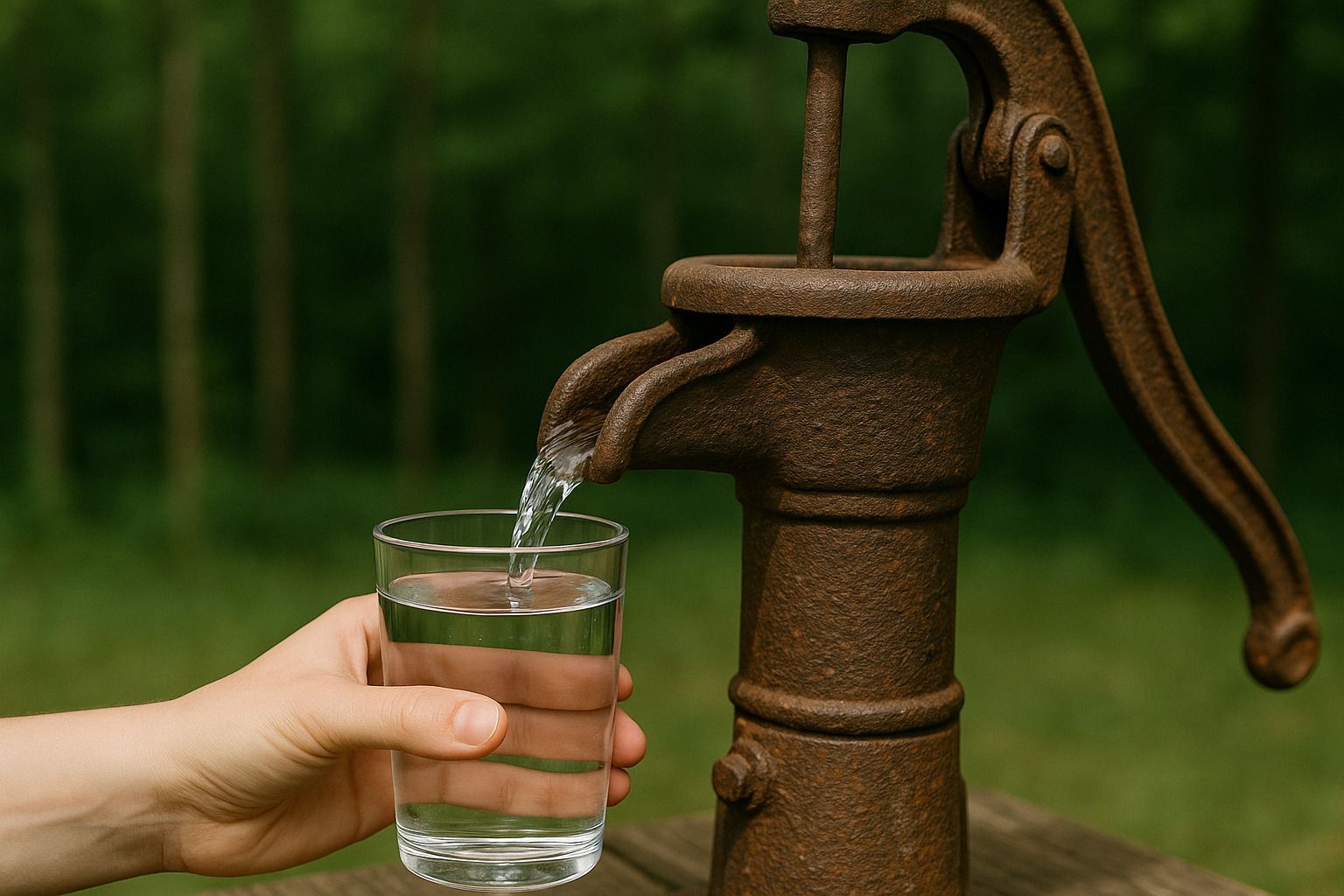
It’s grocery day. You’ve gone out and stocked your pantry up for the month. You pull into the driveway ready to unload your car. You make one trip, then another, until finally you’ve brought in all your groceries. You’re tired, parched. You look around, but you forgot to stock up on water bottles. You go for the tap, and you’ve got a well, after all. You don’t love the taste, but it will do. You drink a full glass, not realizing you’re ingesting more than just water, but also iron, bacteria, sulfur, and plenty of other contaminants that can pose adverse health risks to you and your loved ones.
While Georgia well water is not necessarily safe to drink, it doesn’t mean it can’t be. With the right testing and well water treatment services, we can remove harmful contaminants such as nitrates, arsenic, and plenty others, turning your well water into a safe option for your home. Call C&C Plumbing today to ensure your drinking water is pollutant-free! From maintenance and support services to repairs and replacements, we’ve got you covered.
Why Georgians Rely on Well Water
Many Georgians, particularly those in rural areas rely on well water, in fact 95% of rural residents depend on well water for drinking, bathing, and cooking. As there is little to no access to a reliable source of clean drinking water, many citizens living in rural areas turn to private wells. With Georgia having vast access to groundwater, many citizens install wells to tap into this resource, creating a readily accessible source of drinking water.
Well Water vs. City Water: Key Differences
Customers often call hoping to discuss the key differences between well water vs city water. They often wonder, ‘Is well water safe to drink?’ Or if it’s better to stick to their municipal water system. While there are some key differences, it all boils down to what is more accessible and convenient. Read on to learn more about the key differences between well water vs city water.
| City Water | Georgia Well Water | |
|---|---|---|
| Source | City water in Georgia often comes from a municipal water system, which is often sourced from rivers, lakes, and sometimes even groundwater. | Your water comes from a private well that has been drilled into an aquifer. |
| Treatment | City water is treated by local water authorities in order to ensure it is up to EPA standards. | It will be your responsibility to make sure your drinking water meets health standards. This can be done through a treatment and filtration system. |
| Testing | Local water authorities and state agencies regularly conduct testing in order to ensure your water quality and safety never jeopardizes your health. | It will be up to you to regularly test your drinking water to ensure there are no potential health hazards that may compromise the safety and quality of your water. |
| Cost | Monthly water bill will vary from household to household. | While there are no monthly water bills, you will incur the cost of drilling and any maintenance and service fees. |
| Potential for Contamination | While municipal water systems are treated and tested at a high frequency, they are still prone to contamination as a result of industrial runoff and natural disasters. | Because it is your responsibility to maintain, there will be no monitoring of your water to ensure it is healthy and drinkable. So if you don’t regularly test and treat your water, there is potential for contamination. |
| Reliability | Due to extensive backup systems and generators, municipal water systems are less susceptible to malfunction as a result of power outages. | A private well can sometimes be at risk of malfunctioning as a result of power outages if your well pump is powered by electricity. It may be beneficial to have a backup power source to mitigate this. |
Common Contaminants in Georgia Well Water
In a state where municipal water systems aren’t always widely available outside of metropolitan areas, many Georgians rely on alternative sources, such as private wells. They are cost-effective and readily available options for those unable to benefit from municipal water systems. Despite their many benefits, private wells are the responsibility of individual homeowners, meaning they are solely responsible for ensuring their well is properly maintained. This includes testing to ensure high-quality drinking water. Many homeowners are unaware of the proper ways to service and maintain a well, often leaving their water vulnerable to potential contaminants. Read on to learn more about the most common contaminants found in Georgia well water.
Arsenic
Arsenic is a metalloid element found in soil, rocks, water, and even air. Arsenic can often contaminate water, posing health hazards for your family. Long-term exposure, even when below EPA levels, can lead to cancer, skin problems, and various other health issues. In a recently published article by the Georgia Public Health Association, arsenic was found in 2,671 out of 26,686 tested private wells with 80.3% of those samples being below detectable levels.
Lead
Lead is a naturally occurring heavy metal and a major water pollutant. Lead exposure, even at low levels, which according to the EPA, should be zero, causes serious health problems, especially for children and pregnant women. Lead exposure in children can cause behavioral problems, lower their IQ, cause anemia, as well as plenty of other health complications. The Georgia Public Health Association found traces of lead in 7,562 out of 26,686 tested private wells, with 95.3% of those samples being below detection levels.
Nitrate- Nitrogen
Nitrate-nitrogen is a naturally occurring compound commonly found in water and soil. Even though it is natural, high levels of exposure to it can pose serious health risks, especially for children. The Georgia Public Health Association found nitrate-nitrogen in 14,384 of the 26,686 tested private wells, with 99.4% of the samples tested being below detectable levels.
Radon
A naturally occurring gas, radon is a radioactive compound that results from the breakdown of uranium and thorium. When it decays, radon emits radioactive particles that can damage your lungs and their lining, increasing your risk of lung cancer. The Georgia Public Health Association tested for radon in 589 private wells, finding traces of it in a majority of the samples.
Uranium
Uranium is a natural metallic chemical element and a major fuel source for nuclear power plants. When consumed via drinking water, uranium can be very detrimental to your health, often leading to kidney damage. The Georgia Public Health Association discovered traces of uranium in 1,416 of out 1,480 private wells tested, with 95.7% of those samples falling below detectable levels.
Breaking Down Frequently Asked Questions
Below are some of our customers' most frequently asked questions as it relate to the safety and risks associated with water wells.
Is cloudy well water safe to drink
Sometimes cloudy water is a result of mineral deposits or air bubbles, in which case, it is safe to drink. If cloudy water is accompanied by water discoloration or a pungent smell, it is best to avoid drinking it.
Is artesian well water safe to drink?
Artesian well water goes through a natural filtration process which removes any harmful contaminants. So not only is it safe to drink, it may even be more enjoyable to drink!
Is filtered well water safe to drink?
Filtered water is generally safe to drink as long as proper precautions are being taken, such as regular testing and well treatment services.
How to Test Your Well Water
One of the biggest concerns customers have is the question of ‘Is well water safe to drink?’ The answer is yes, but with a couple of caveats. One of the main ones being that you, the private well owner, has to conduct well water treatment and tests in order to ensure that your well water is indeed safe to drink.
At Home Testing Kit
A good, quic,k and easy way to test your well water is with a home test kit. They’re easy to find, as they’re available at most local hardware stores or even online, but they may not offer the most accurate results; but in a pinch, they’ll do just fine.
Laboratory Tests
A more accurate way to test your well water is through lab testing. By contacting your local water authority or health department, you can help you fund a nearby certified laboratory. They will instruct you on how to properly collect a sample, and will then provide you with an accurate assessment of your water quality.
Top Well Water Purification Systems for Georgia Homes
With more than 20+ years in the business, we have assembled the perfect team of plumbing professionals ready to provide you with everything from well water treatment services, well water purification systems, and even well water filtration systems. Never again wonder, ‘Is it safe to drink well water?’ Contact us today and have the peace of mind of knowing it is. Visit C&C Plumbing & Well Services to learn more about our well water filtration systems and services!
Maintenance: Keeping Your Well Water Safe Long-Term
Keeping your water well in good condition is key to maintaining a healthy water source that’s free of any harmful contaminants. Here at C&C Plumbing, we offer annual and bi-annual services to ensure your comfort and safety are never compromised. We recommend our customers conduct an annual well inspection to test your water, pump, pipes, as well as your water tank. It is also important to check that your water filtration system is up and running in order to filter out any hazardous pollutants. Call C&C Plumbing today and secure your family’s safety!
Call C&C Plumbing Today!
Untreated well water can pose adverse health risks for you and your family, so don’t risk it. Call C&C Plumbing today and enjoy the comfort and peace of mind that comes from knowing you have safe drinking water running through your home. From well water treatment to installation services, we handle it all. For all your plumbing needs, give us a ring!
